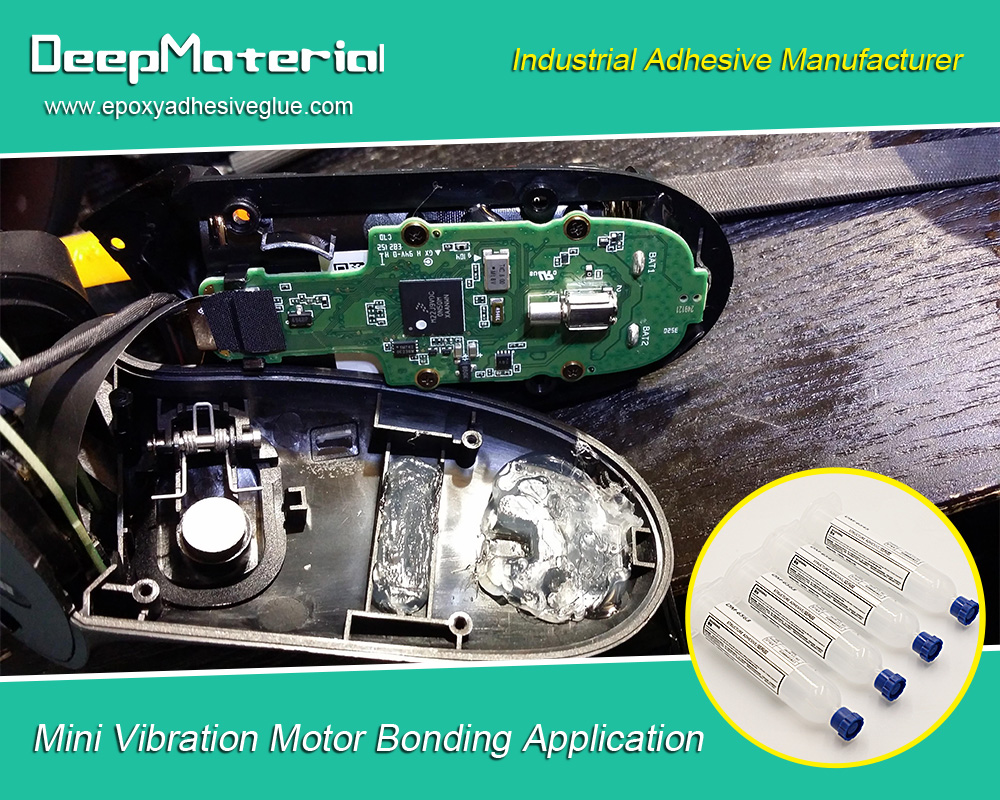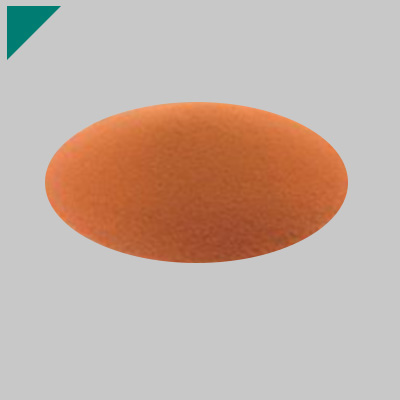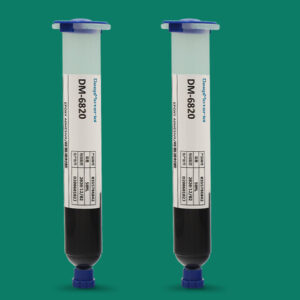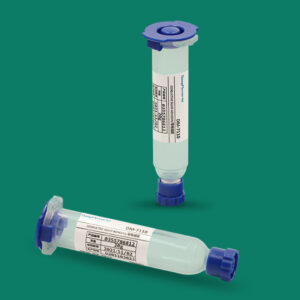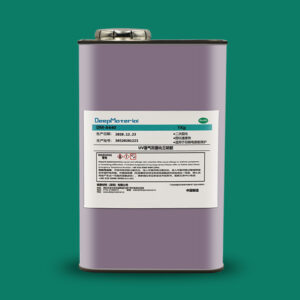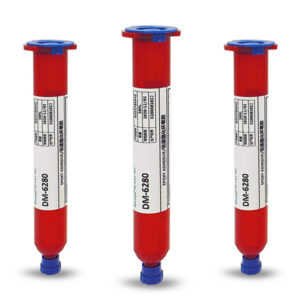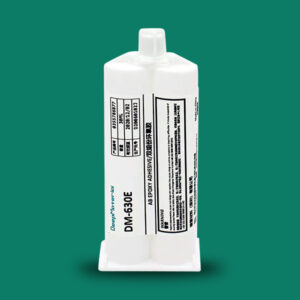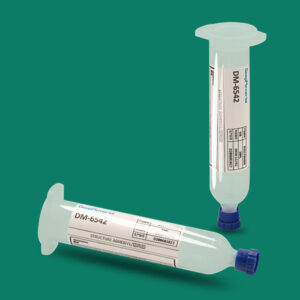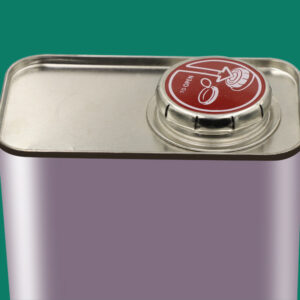Potting Material For Electronics And How To Choose The Best
Potting Material For Electronics And How To Choose The Best
Potting can be defined as the process of filling an electronic assembly with a solid to enhance its resistance levels. It is also known as embedment and makes components and assemblies resistant to vibrations, shocks, corrosive agents, chemicals, water, and even moisture and heat. A potting box, usually a small plastic casing, is used to house the components, such as PCB, and the resin in liquid form is filled and then allowed to cure. The box can also be a cavity in a larger enclosure for specialized protection on specific assembly or circuit board areas.
Potting electronics like printed circuit boards increased protection from voltage leaks, moisture, and other hazards that could otherwise damage them. Improved performance of the electronics and a reliable circuit are some of the advantages you will gain when you pot.
The process also helps keep vibration and shock impacts minimal. Such impacts can leave electronics dysfunctional as it interferes with the wiring and connections. Vibration waves on circuit boards and their cases also amplify stress resulting in early failure of the electronics. When you pot, therefore, you increase the device’s lifespan by far as it will resist vibration and shock effects.
Potted electronics are also protected from dirt and dust, which can lead to overheating, thus affecting the speed, performance, and signal of the electrical device. Epoxy, urethane, and silicone are the major materials used in potting. By looking at the characteristics and properties of each, you should be able to decide which potting material for electronics is best. The good news is you will always find a material that best suits your application requirements.
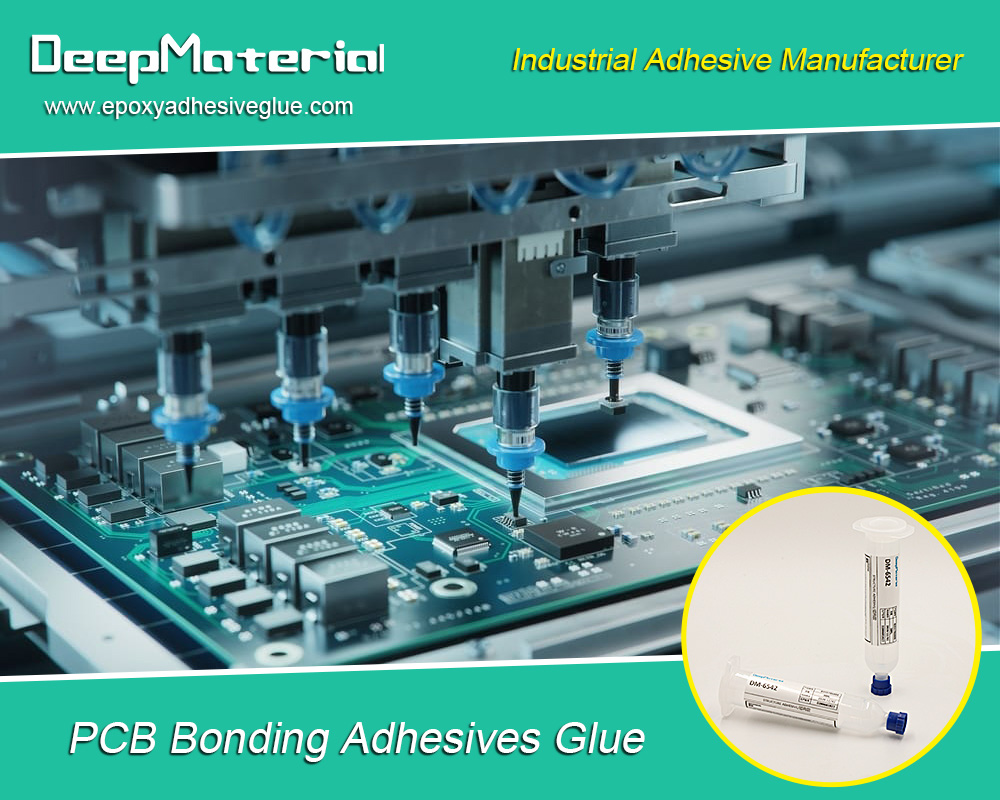
Epoxy potting compounds
As a potting compound, epoxy offers good adhesion and therefore protects the electrical components for a long time. This is a material that works on its own without the need to add primers when potting electronics. High tensile strength, modulus, and rigidity make it an excellent choice for most electronics, especially those for outdoor use like agricultural devices, transformers, and switches.
Urethane potting compounds
As a potting compound, the elongation, flexibility, and abrasion resistance make it a good choice, especially for critical components requiring soft handling. Devices containing substrates like glass, plastics, ceramics, and metal alloys will love urethane as a potting material.
Silicone potting compounds
As a potting compound, silicone’s flexibility makes it excellent for some devices. It has good elongation properties and is soft and flexible. Silicone also handles a wide temperature range and exerts less stress on electrical components compared with epoxy.
When selecting the best potting material for your electronics, you must consider the following:
Material hardness. Epoxy and urethane compounds offer the best IP protection, weather, and abrasion resistance because they are hard once they cure. Silicone is also hard but flexible and not as rigid as epoxy. Consider what hardness suits your electronics and choose accordingly.
Material viscosity. Low viscosity applies to most applications because the potting materials are self-leveling and flow easily as required. You can, however, choose materials with higher viscosity if your application requirements dictate so.
Material color. Clear potting compounds offer visibility even after curing and are great for critical components requiring regular inspection. Dark opaque colors are okay in other applications, and you should choose a color that blends well with the electronics.
Thermal conductivity. Potting compounds with high thermal conductivity easily dissipate heat electronic devices generate. All three major potting materials are great in this, but silicone takes the crown.
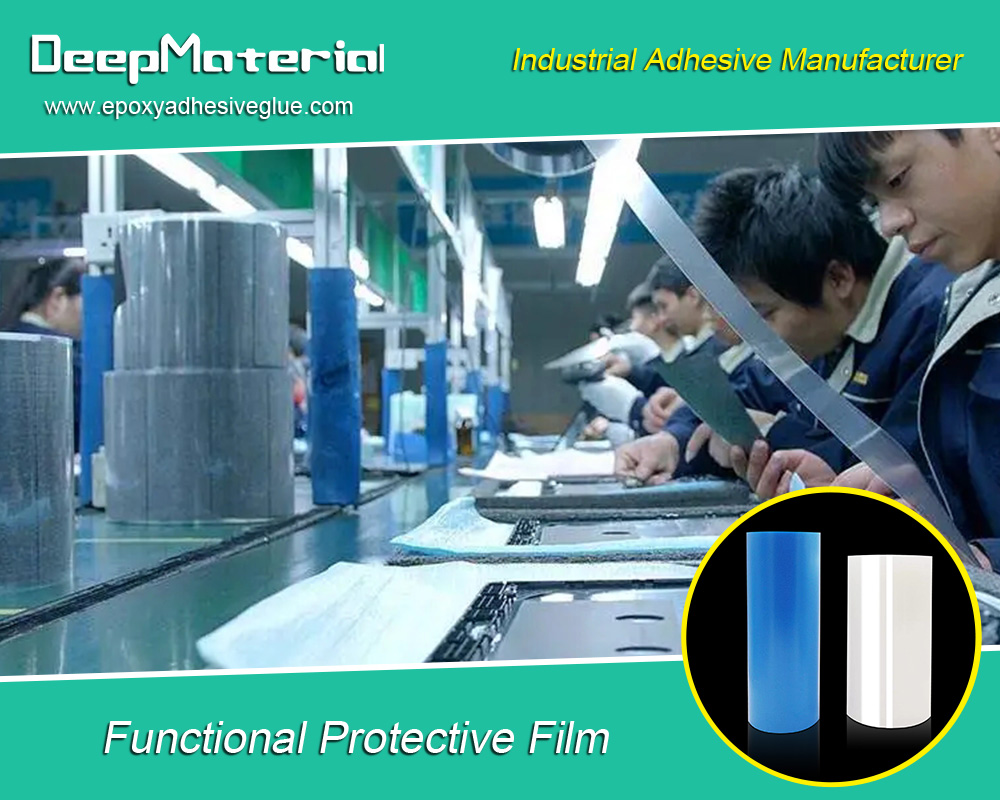
Trust DeepMaterial to supply all your applications with the right and quality potting compounds, adhesives, and resins. For more about potting material for electronics and how to choose the best,you can pay a visit to DeepMaterial at https://www.epoxyadhesiveglue.com/category/pcb-potting-material/ for more info.


